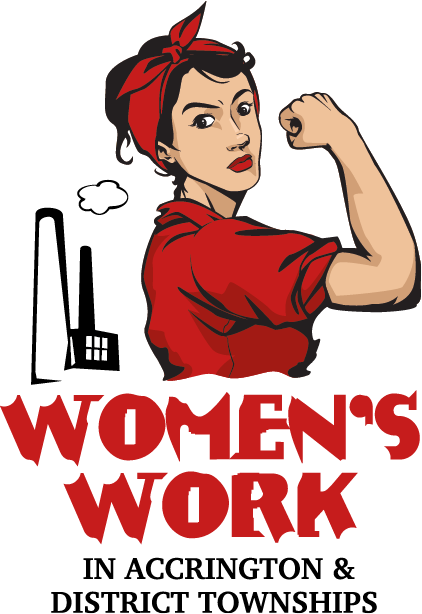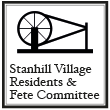I was born in Pakistan and I spent my childhood in Pakistan and completed matric qualification in Pakistan, then I got married and came in England on 18th of August 1970 to join my husband.
I did not go to college or did not do any courses. I haven’t done any qualification in England.
When I came into this country my son was born, and I started looking after my children, when my children grown up, then I started working, I started working in 1977.
There was a factory in Nelson. I went there and they have shown me how to make ribbon and give me a basic training and then I started working from home. I used to get the material from factory and do work from home. I used to make ribbon and when we make 1000 ribbon, we used to get 5 pounds.
Yes, it used to be a very hard work. We used to use needle as well, to make a ribbon and used to make around 2000 ribbon and we used to get 10 pounds for that and it was a hard work.
And that time we did not have any bank or anything, so we used to get cash wage. I cannot remember what I have done with my first wage, but my husband was in Pakistan and I started work while he was in there. And when he come back, he did say, why you have started work. He didn’t really like it.
So he said due to my health conditions he said, I don’t need to work and I am working as well, so that’s why you don’t need to work. But I said because I am staying at home and I get bored. I don’t have a lot of work to do at home. So why I’ve been working. I keep myself busy. So he said that’s fine. If you want to do it, that’s fine. You can do it.
I have worked, I’ve done this job making ribbon for seven years, started in 1977, and finished in around in 1984. Then I started working on a machine and it was a sewing machine. It was a big machine industrial machine. I bought it and started working from home. There was one person in Nelson who used to bring like hospital uniform, nurses and doctors’ uniforms. They used to bring material and we used to make the uniforms at home.
So I started making uniforms at home and we used to put the ribbon in the arm and in the trouser and then to put a zip as well. So that was a job. When we used to make one uniform, we used to get 20 pence for each uniform. And it wasn’t that hard, and we used to finish this work in two days. And also, I have made children’s school uniforms as well, we used to sew (those) as well. I also used to make (Christmas) cards at home and used to make you know, the Christmas cracker. We used to put a joke inside the Christmas cracker. I used to make that at home as well. So I have done a lot of work from home. People used to bring the material and they drop at home and they come after to collect it. So, all most of the jobs I have done and I did from my home.
Yes money was less but because I always worked from home. So I never had any problem, anything, (with racism or sexism). I used to get paid on time and etc. Yes, but my friend used to tell me that they sometimes faced difficulties and when they go on the bus or when they work in a factory, but because I always work from home. I never had any problem.
I used to go in a car with my husband to pick and collect stuff. So never really faced any problem. There was a girl who used to come and collect the stuff from home. And if we haven’t done our job properly, she used to ask us to do it again and redo it. If we haven’t put a ribbon right over, haven’t put elastic right over, (or) make a card properly. She used to ask us to do it again, and (say) I will come and collect next day.
No, the same money, we used to do it and redo it again. If you haven’t done the job properly, or if they haven’t liked it, and they used to say you haven’t done this properly. Can you redo it again?
And I always received wage on time, never had a problem with anything like that (racism or sexism).
(If I could have my time again) I will do a sewing job because I used to do it and I have experience. I will do that again in my life.




